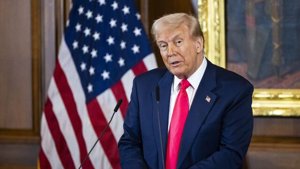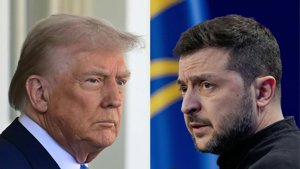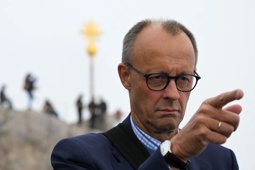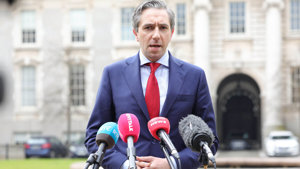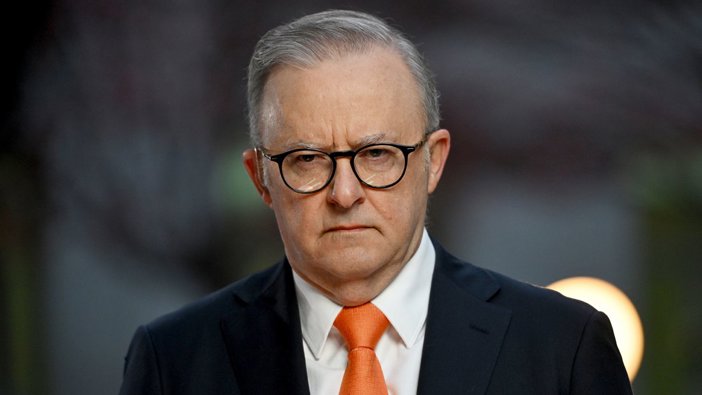
Australia Refuses Tariff Retaliation
Australian Prime Minister Anthony Albanese announced on Wednesday that his government will not respond with reciprocal tariffs following United States President Donald Trump’s newly imposed 10% import duty on Australian goods. Speaking to reporters shortly after the announcement of Trump’s “Liberation Day” trade policy, Albanese sharply criticized the decision as “completely unwarranted.”
“Our government will not be seeking to impose reciprocal tariffs,” Albanese stated. He went on to describe the move as having “no basis in logic and go[ing] against the basis of our two nations' partnership.” The Australian leader emphasized that his country has a longstanding free trade agreement with the U.S., which includes dispute resolution mechanisms designed to handle disagreements of this nature.
However, Albanese made clear his preference for diplomatic engagement over formal action. “We want to resolve this issue without resorting to using these,” he said, referring to the dispute resolution channels within the trade pact. “We do support continued constructive engagement with our friends in the U.S.”
Despite his restrained tone, Albanese expressed the frustration many in Australia feel over the Trump administration’s decision. “The Australian people have every right to view this action by the Trump administration as undermining our free and fair trading relationship,” he added.
Trump’s “Liberation Day” trade policy introduced a wave of new tariffs aimed at resetting trade relations with key partners. While some countries have threatened or announced countermeasures, Australia has opted for a measured approach, focusing on diplomacy rather than retaliation.
Albanese’s comments underline Australia’s commitment to maintaining stable economic ties with the United States, even amid rising global trade tensions. As the two nations navigate this latest dispute, the focus appears to remain on dialogue over escalation.

